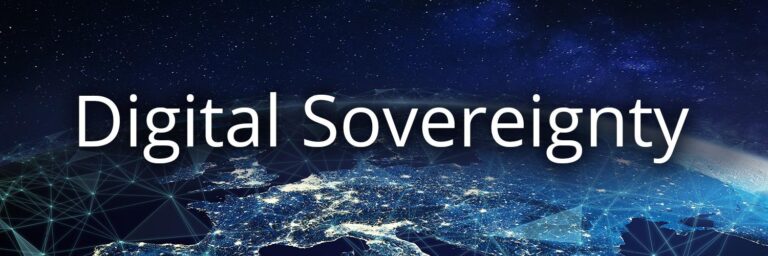Understanding Digital Sovereignty
Digital sovereignty refers to the ability of a state to govern its digital territory. In an age where data flows seamlessly across borders, establishing control over digital infrastructure is crucial for nations seeking to safeguard their citizens’ information.
For Africa, where digital landscape is rapidly evolving, this governance is particularly significant.
The Importance of Local Data Governance
Local data governance plays a vital role in protecting citizens’ privacy and ensuring compliance with international standards. African nations are becoming increasingly aware of the implications of data sovereignty, especially with the onset of regional regulations such as the General Data Protection Regulation (GDPR) in Europe.
This awareness inspires countries to develop their own frameworks that align with global practices while considering their unique cultural contexts.
Challenges to Digital Sovereignty
Despite the growing interest in digital sovereignty, Africa faces numerous challenges. Issues such as inadequate infrastructure, digital literacy gaps, and geopolitical factors hinder progress.
Additionally, foreign tech companies dominate the digital space, which often leads to a loss of local control over essential data.
Case Studies: Progress in Digital Sovereignty
Several African nations have made significant strides in asserting their digital sovereignty. For instance, countries like Rwanda and Kenya are investing heavily in technology and digital infrastructure to boost local innovation.
These countries are setting a precedent that can inspire others on the continent to follow suit.
Future Prospects
As digital transformation continues to unfold across Africa, the conversation around digital sovereignty is becoming more prominent. Governments are recognizing the need to create policies that foster an environment for technological innovation while protecting citizens’ rights.
Ultimately, achieving digital sovereignty is essential for Africa’s future economic growth and stability.
For more detailed insights on this topic, visit Digital Sovereignty in Africa.

